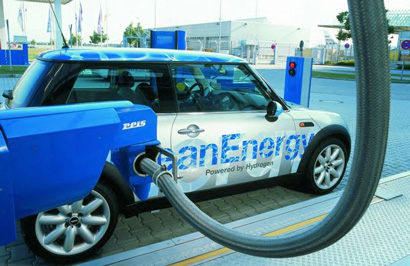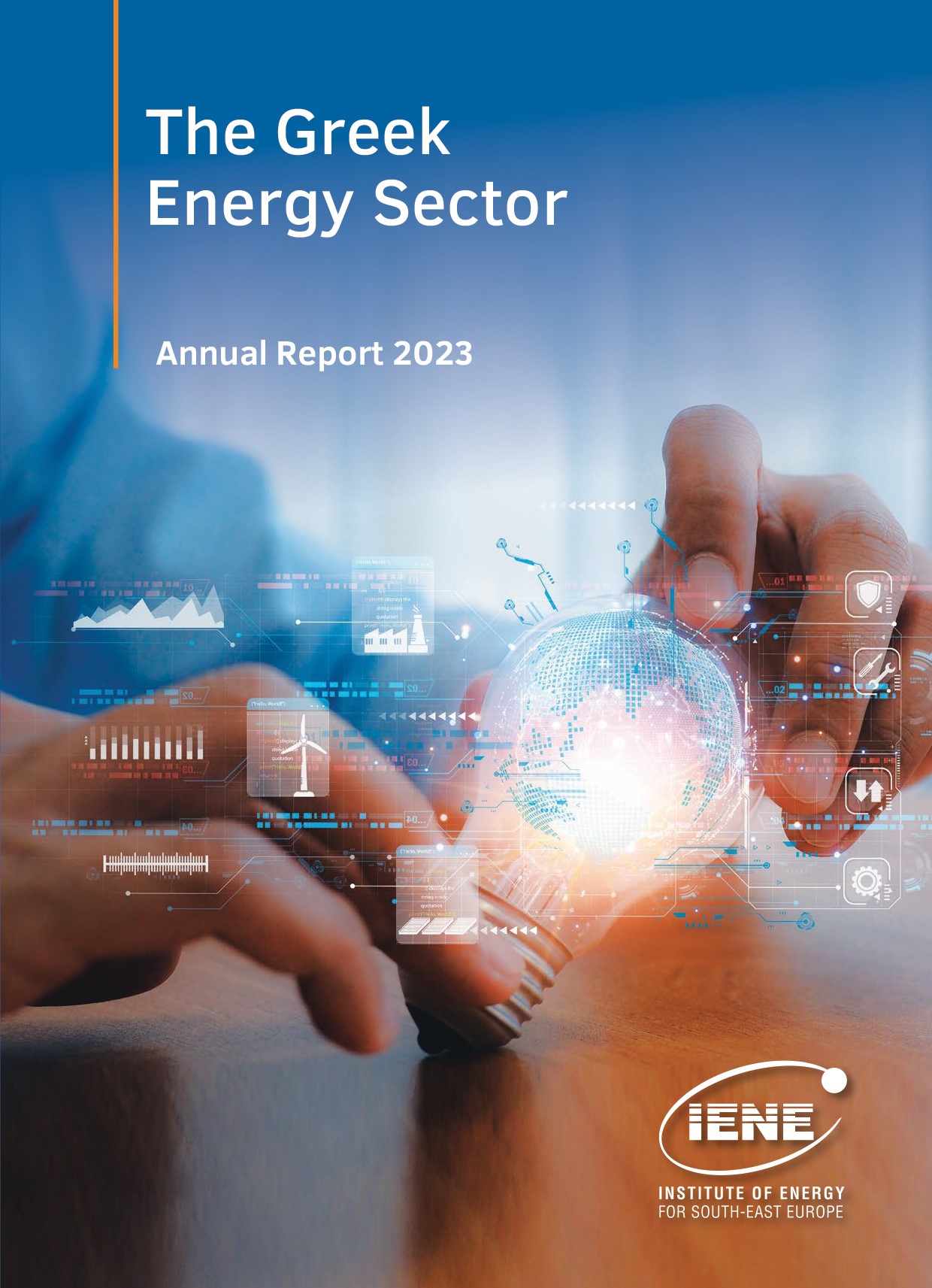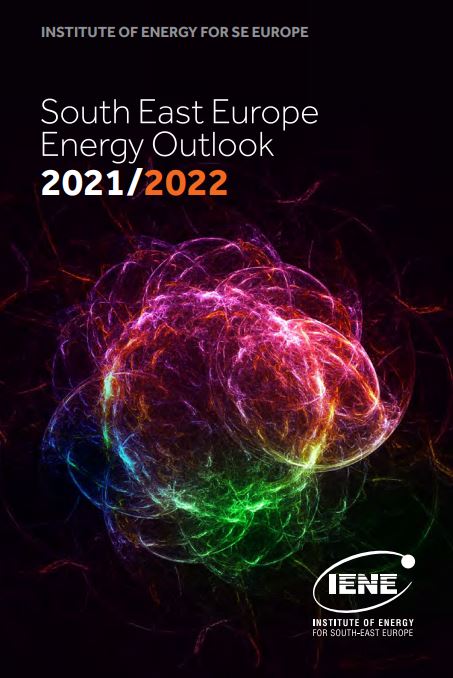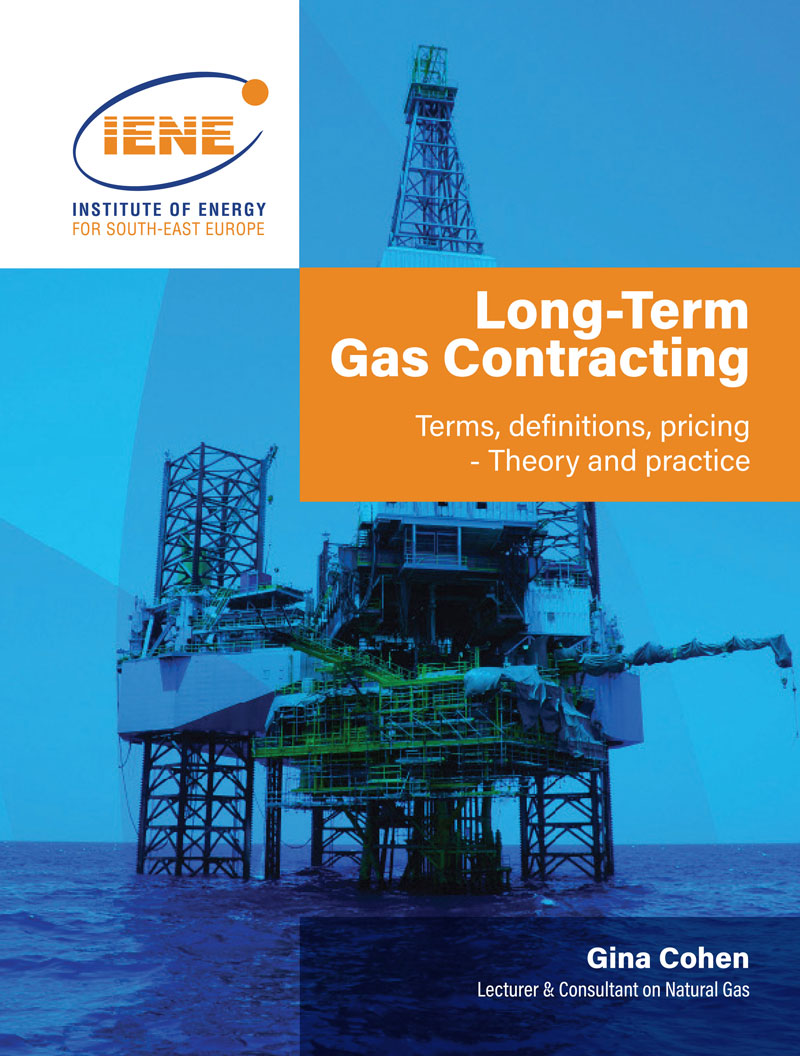It is a long piece, and it’s in three parts. Admittedly, it would be nice if the author updated it to match the current market — it was published in February 2015 and is dated in a couple of parts.
But the key points are the same nonetheless, and they aren’t changing. These key points are laid out in bullet points at the beginning ofPart 1,Part 2, andPart 3:
First of all, HFC cars are perceived to be a good bridge between fossil fuels and full electric because:
- You can still fill up like you do with a gasoline or diesel powered car
- The mileage you can get out of hydrogen is perceived to be more adequate than what you get from batteries
- Hydrogen fuel cells are thought not to wear out as quickly as batteries (or conversely, batteries are thought to wear out very quickly)
- Hydrogen as a fuel is perceived to be a relatively small infrastructural change from gasoline and diesel
- Hydrogen is perceived as a cleaner solution than gasoline, diesel or natural gas
In reality,
- You cannot fill up like you do with gasoline or diesel. It is actually pretty ridiculous how hard it is to fill up a HFC powered car
- You won’t even go 100 miles on current tech hydrogen tanks that are still safe to carry around in a car
- Fuel cells wear out crazy fast and are hard to regenerate
- Hydrogen as a fuel is incredibly hard to make and distribute with acceptably low losses
Additionally,
- Hydrogen fuel cells have bad theoretical and practical efficiency
- Hydrogen storage is inefficient, energetically, volumetrically and with respect to weight
- HFCs require a shit ton of supporting systems, making them much more complicated and prone to failure than combustion or electric engines
- There is no infrastructure for distributing or even making hydrogen in large quantities. There won’t be for at least 20 or 30 years, even if we start building it like crazy today.
- Hydrogen is actually pretty hard to make. It has a horrible well-to-wheel efficiency as a result.
- Easy ways to get large quantities of hydrogen are not ‘cleaner’ than gasoline.
- Efficient HFCs have very slow response times, meaning you again need additional systems to store energy for accelerating
- Even though a HFC-powered car is essentially an electric car, you get none of the benefits like filling it up with your own power source, using it as a smart grid buffer, regenerating energy during braking, etc.
- Battery electric cars will always be better in every way given the speed of technological developments past, present and future
I’ve writtenmy own debunking of the legitimacy of hydrogen fuel cell cars. Physicist Joe Romm, PhD, who oversaw $1 billion in R&D, demonstration, and deployment of low-carbon technology in 1997 asacting assistant secretary of energy for energy efficiency and renewable energy under President Bill Clinton, has written several articles andan entire bookon why hydrogen cars are overly hyped,not competitive with battery-electric cars,incredibly dumb, and (obviously)not a winning strategy.
The author of the piece above was involved inthe first international hydrogen racing championship, and as you can see if you read his articles, knows a lot about the technology.
Elon Musk, another vocal HFCV critic,is a physicist by training andwas interested since college, at least, in advancing sustainable transport. He specifically went the route of battery-electric vehicles (BEVs) rather thanHFCVs because of inherent, huge advantages for BEVs.
As he has noted,the theoretical limit for HFCVs isn’t even as good ascurrent-tech BEVs….
As he stated last year:
- Hydrogen fuel cell cars"are extremely silly.”
- "Hydrogen is an incredibly dumb” fuel.
- "Fuel cell is so bullshit, it’s a load of rubbish. The only reason they do fuel cell is because… they don’t really believe it, it’s something that they can… it is like a marketing thing.”
- "There’s no need for us to have this debate. I’ve said my piece on this, it will be super obvious as time goes by.”
EV expert Julian Cox wrote an article for us a couple years ago onwhy hydrogencars are simply not green. The article got a lot of attention and was referenced widely(including by Joe Romm and some mainstream media outlets), but the message doesn’t seem to have broken through to many people in the "green” and "cleantech” community. Furthermore, hydrogen fuel cell cars continue to getsubsidies from governments … which is both a waste of money and counterproductive.
Sure, keep investing a little bit in R&D, but don’t take away from the cash that shouldgo toward battery-electric vehiclesin order to quicklydecarbonise transportation and help stop global warming.
*Zachary Shahan is the editor of Cleantechnica.com
(by Cleantechnica.com)
 by Zachary Shahan*
by Zachary Shahan*





 More
More









